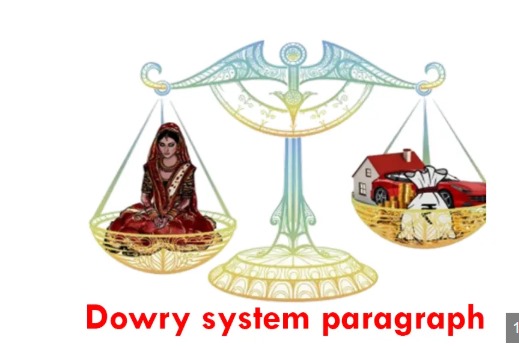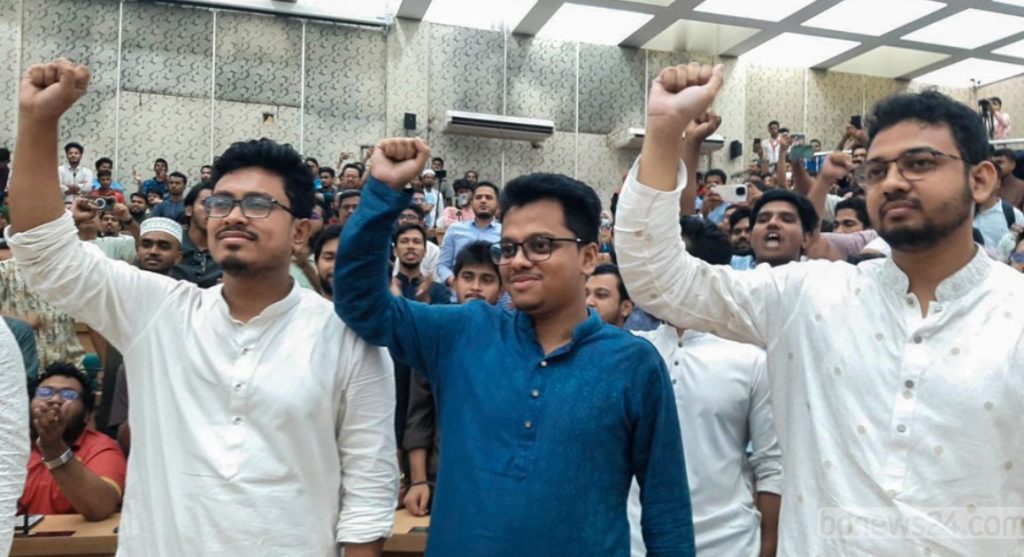The Dowry System and Its Impact
The dowry system is a social practice where the bride’s family gives money, gifts, or property to the groom’s family as a condition of marriage. Although it has cultural roots in some societies, this tradition has become a serious social issue, especially in countries like India, Pakistan, and Bangladesh. The dowry system often places a heavy financial burden on the bride’s family and can lead to various negative consequences.
One of the major problems with the dowry system is that it encourages material demands and greed. Groom’s families may ask for large sums of money or expensive gifts, which can cause financial stress and even debt for the bride’s family. In extreme cases, failure to meet these demands has led to harassment, abuse, and violence against brides, including dowry-related deaths. This has made the dowry system a source of discrimination and injustice against women.
The dowry practice also undermines the true values of marriage, turning it into a business transaction rather than a bond of love and respect. It promotes inequality between genders and reinforces stereotypes that view women as financial burdens. Many efforts have been made to curb the dowry system, including laws banning dowry demands and public awareness campaigns.
In conclusion, the dowry system is a harmful tradition that negatively impacts families and society. Ending this practice requires education, legal enforcement, and a change in social attitudes towards marriage and gender equality. By promoting respect and fairness, communities can work toward a future where marriages are based on mutual understanding rather than material exchange.




